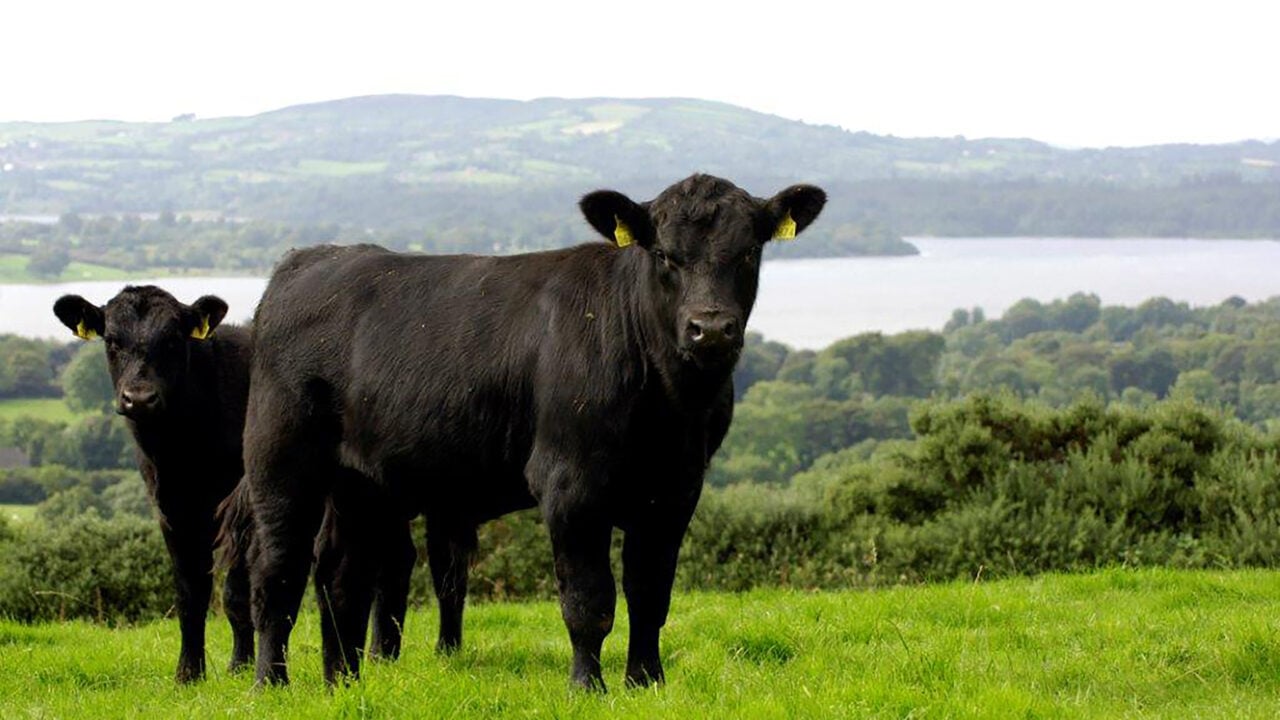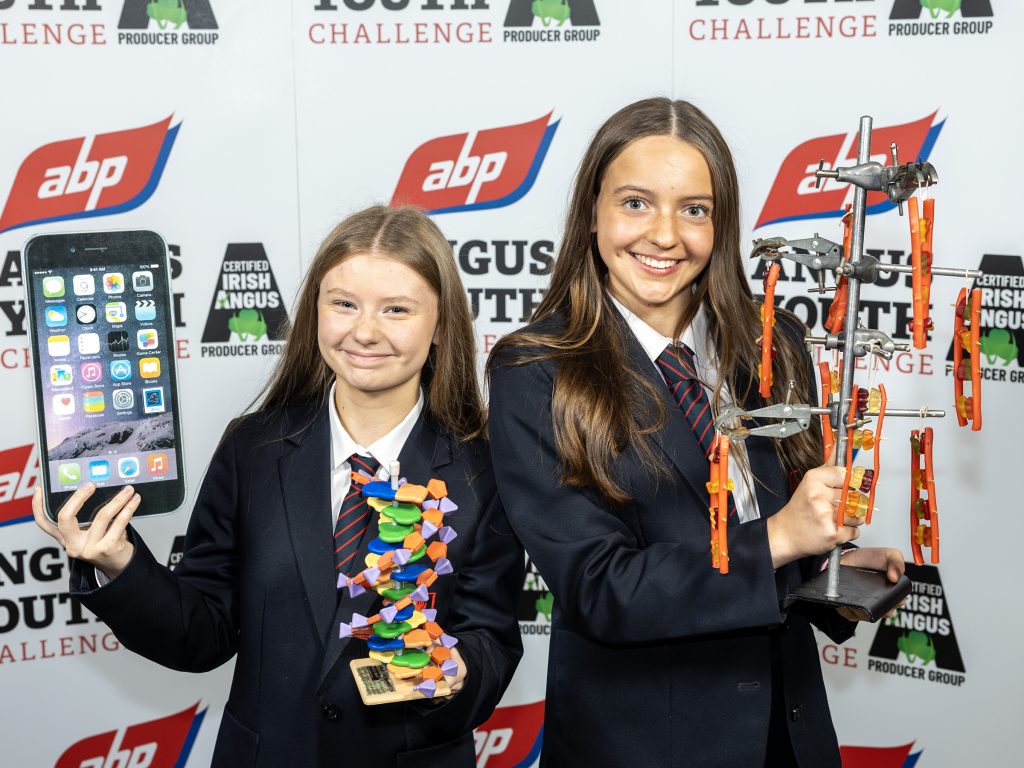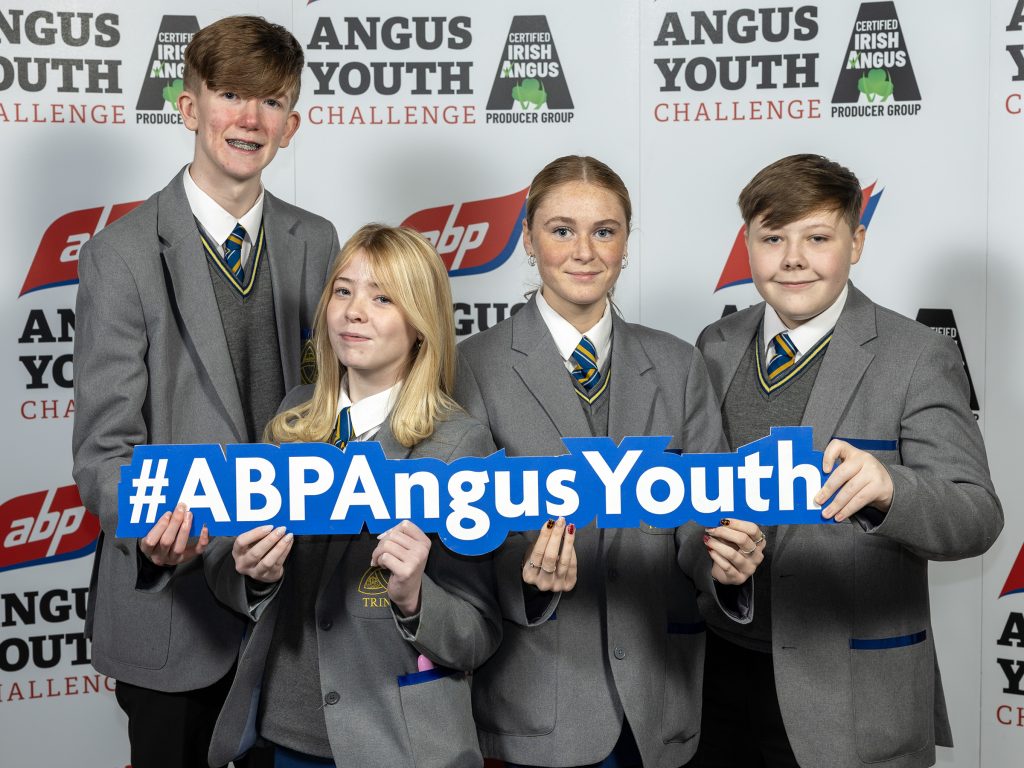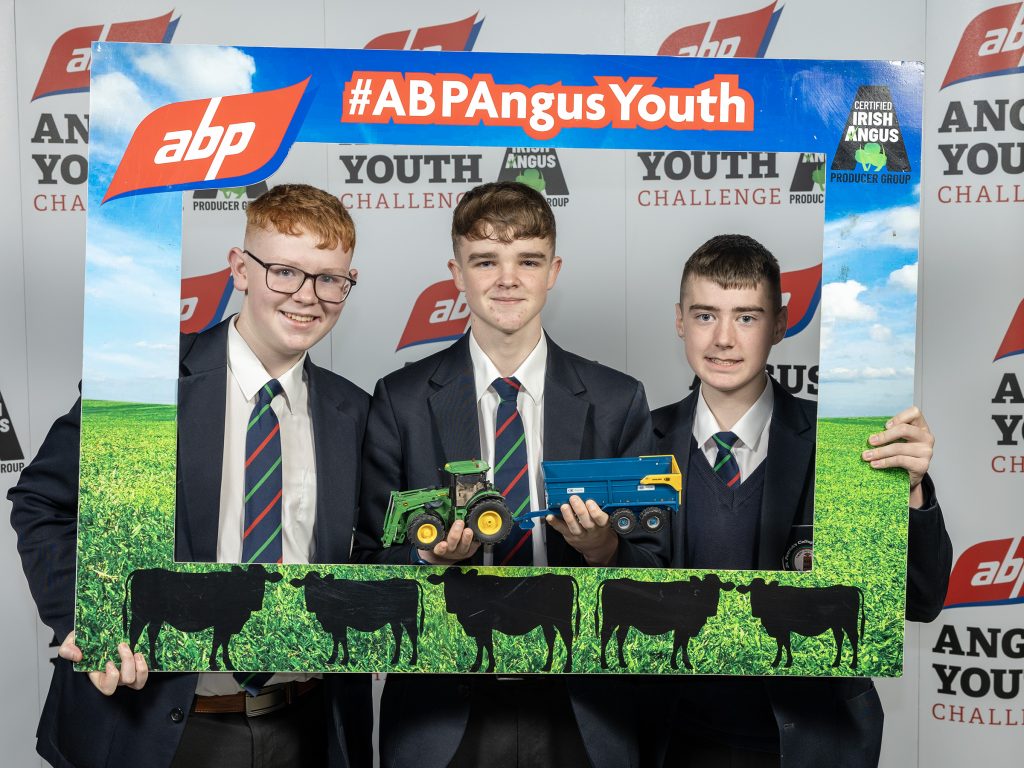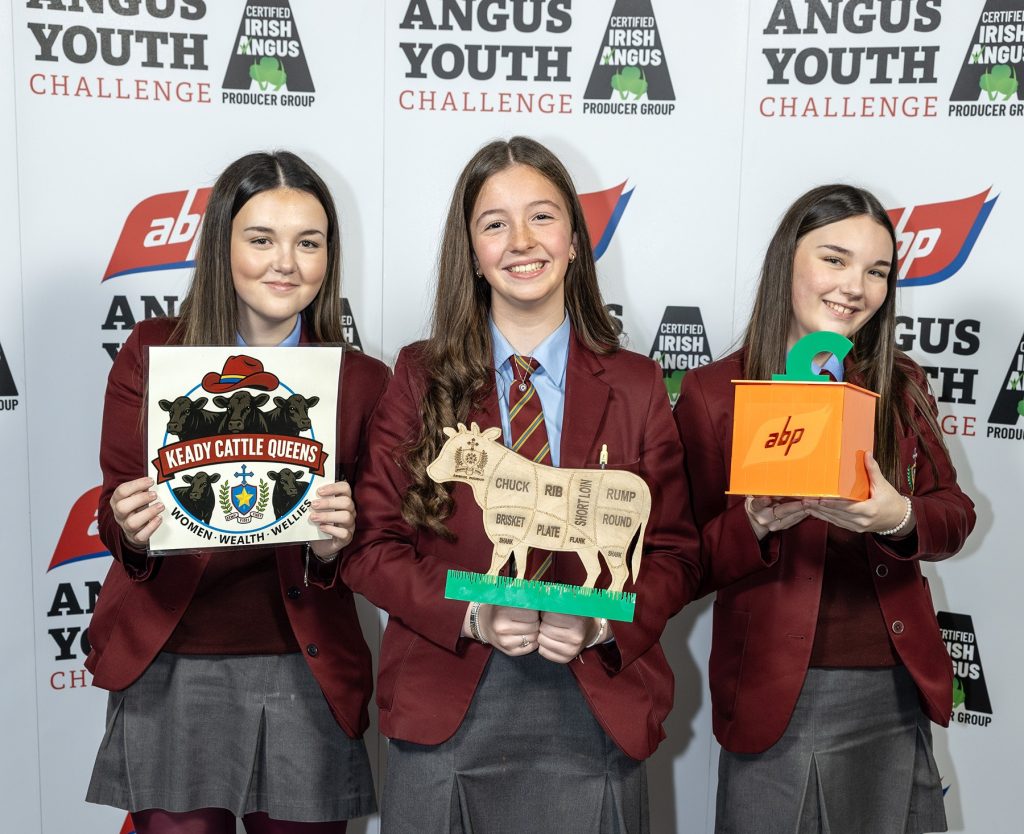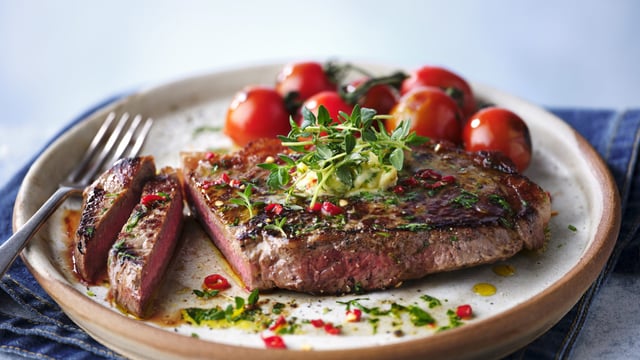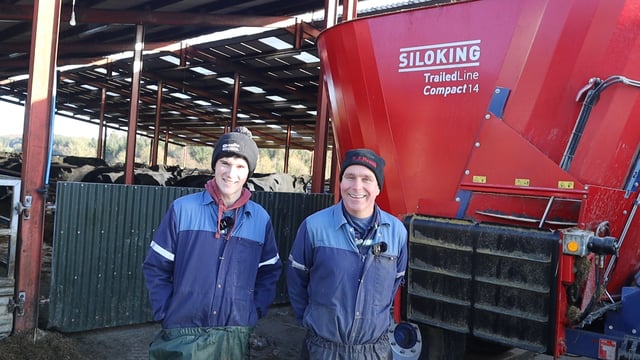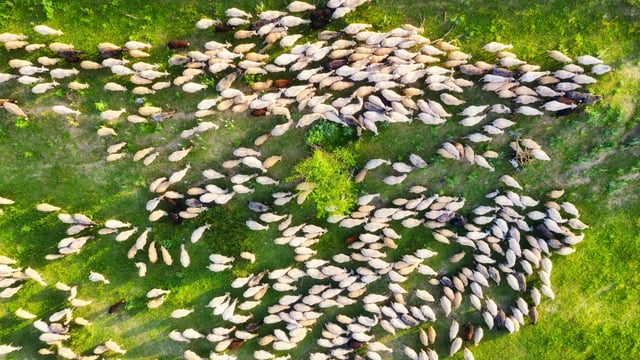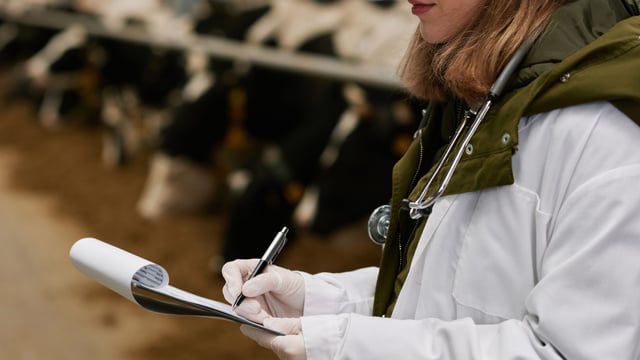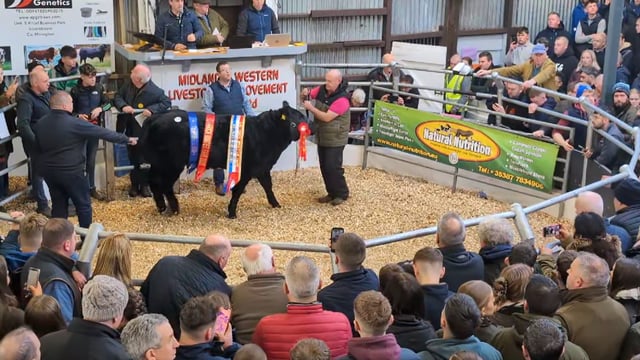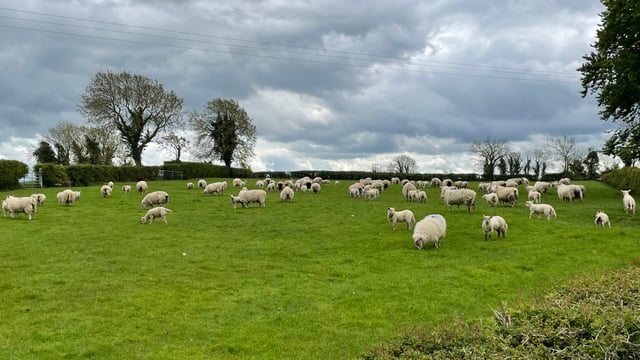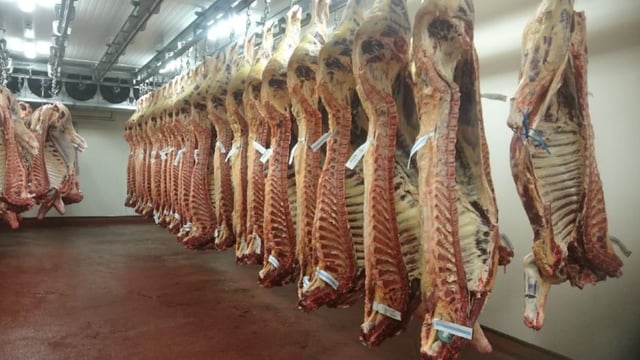Finalists announced for 2026 ABP Angus Youth Challenge
The four finalist school teams to progress to the final stage of the ABP Angus Youth Challenge have been revealed.
The finalists will be receiving a group of Angus-cross calves before Christmas.
The pupils, who are all in Year 11 in schools in Northern Ireland, will have to rear their animals through to sale to ABP.
During the coming year they will also complete research projects on a topical agricultural issue relating to an aspect of sustainable beef production.
Finalists
Ballymena Academy, which has reached the final before, will be represented by Samantha Dunlop and Katie McNeilly.
The duo will be working on a project focusing on genetic literacy in beef production and how breeding information can be made more accessible for farmers.
With genomics and data-driven selection playing an ever-increasing role in herd performance, the team hopes to explore practical ways for producers to use breeding information to improve efficiency and long-term sustainability.
Blessed Trinity College in North Belfast has also secured a place in the final. This is the first time the school has entered the competition.
Pupils Callum O’Neill, Hayleigh Hayles, Brooke Devlin and Deaglan McFarlane plan to use their urban setting as a platform to strengthen consumer understanding of the farm-to-fork journey.
Despite having no farming background, this team aims to help the North Belfast community better understand how local Angus beef is produced, responding to growing consumer interest in traceability, sustainability and food provenance.
Also in the final for the first time, the team from St. Patrick’s College, Dungannon, will investigate how increasingly variable weather patterns in Northern Ireland affect beef farming.
Gary Gillespie, Dara Cush and Darragh McCann intend to examine the strengths and vulnerabilities of grass-based versus forage-based production systems.
This topic addresses the challenges faced by livestock farms coping with unpredictable seasons and the need for climate-resilient systems.
The fourth finalist school is St. Patrick’s High School, Keady.
Representing their school in the final for the first time will be Sally McKee, Gráinne Anderson and Minnie McKee - three ‘only-daughters’ with strong family links to agriculture.
Their project will explore barriers and opportunities for women in farming and the wider agri-food industry.
With succession, skills and talent important to the sector’s future this team intend to champion diversity.
The ABP Angus Youth Challenge is delivered in partnership with the Certified Irish Angus Producer Group.
It provides a practical learning pathway for teenagers interested in the world of agriculture and food production.
There are financial rewards for those that reach the final and sell their finished animals to ABP.
Calibre of entries
The judges praised the creativity and enthusiasm shown by all the schools who competed for a place in the 2026 finalist programme.
Managing Director of ABP in Northern Ireland, George Mullan said: “The calibre of entries this year was outstanding.
"The challenge encourages teenagers to engage with real issues facing our industry.
"With a blend of rural and urban teams in the final stage, with and without family farming backgrounds, we are looking forward to how these schools not only make the most of the challenge, but also how they share their different perspectives and get to know each other when they join us for training and our study trip.”
Four students from Enniskillen Royal Grammar School in Co. Fermanagh were crowned the overall winners of the 2025 ABP Angus Youth Challenge.
Mackenzie Wilson, Jenson Lindsay, Alfie Thompson and Conor Phair, won the challenge for their project “One Health: The Link Between Animal, Human and Plant Health.

